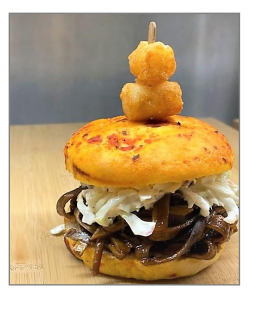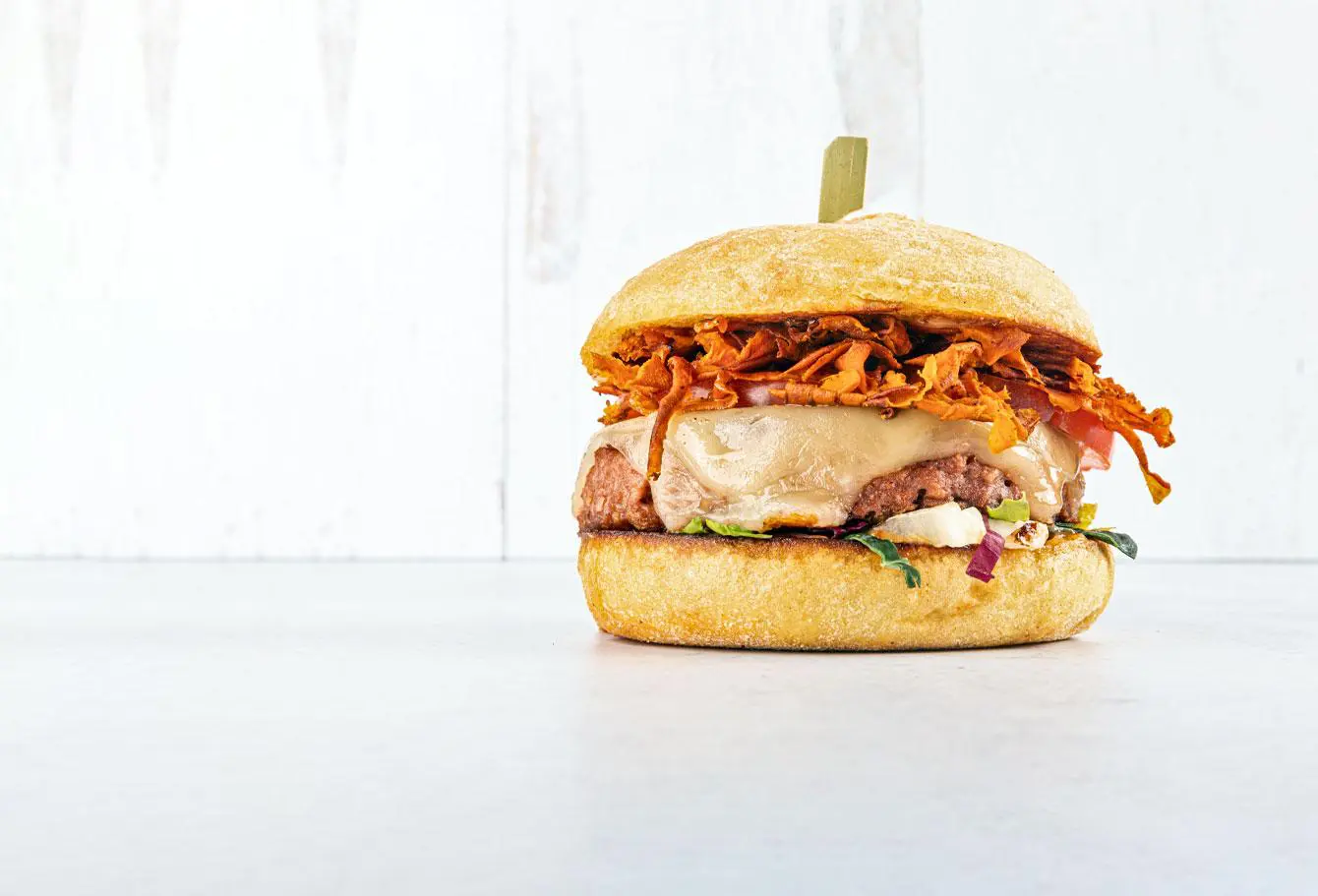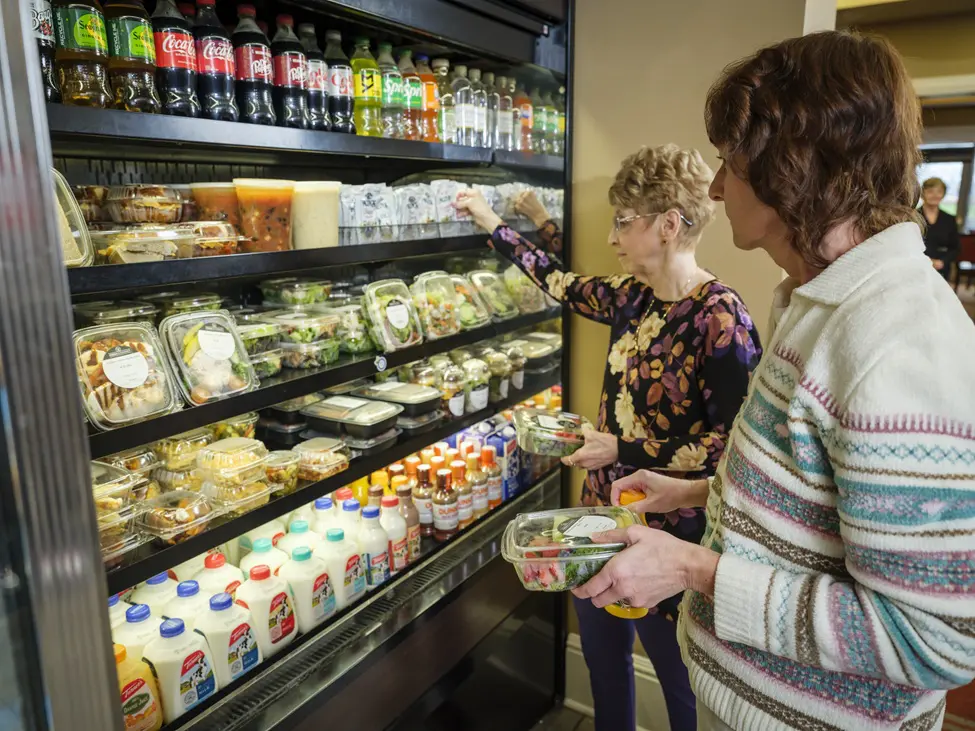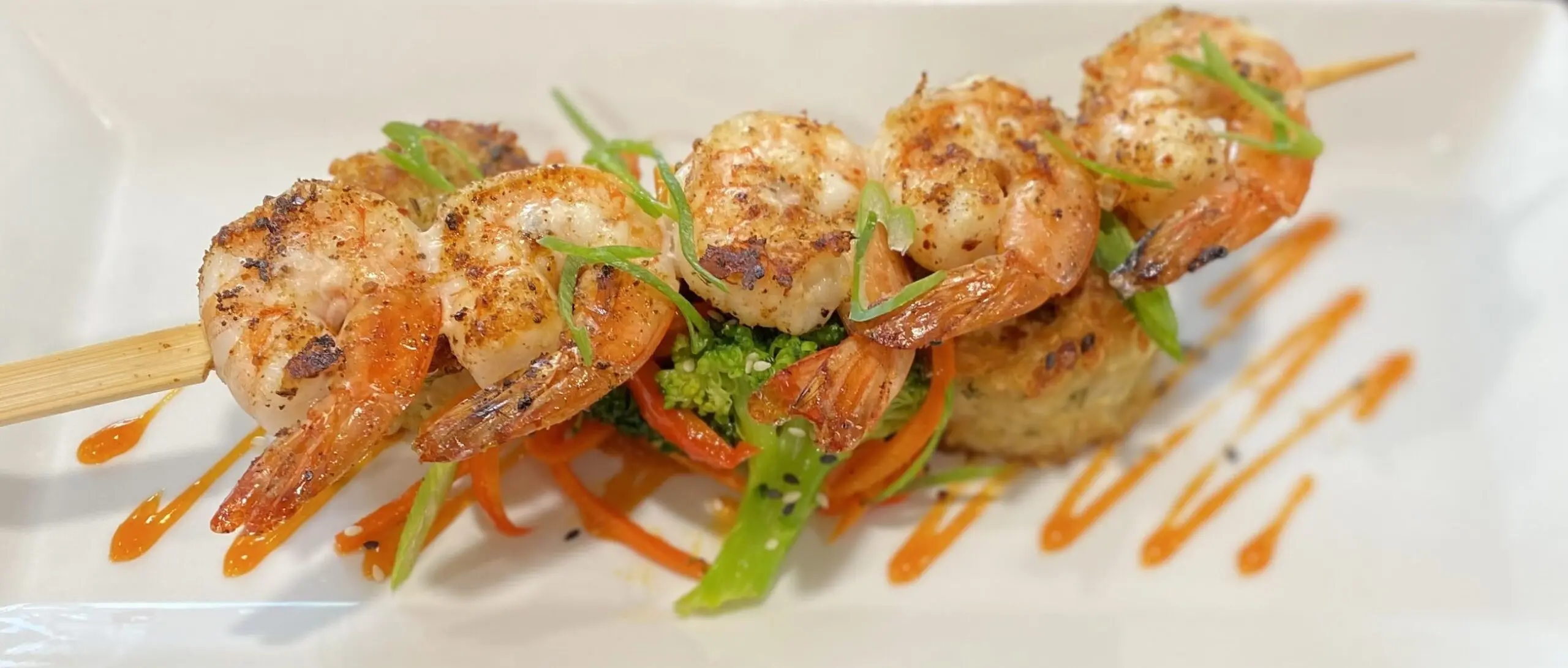
Each day in the United States approximately one pound of food per person is wasted. This equates to 103 million tons (81.4 billion pounds) of food waste generated in America in 2017, or between 30-40 percent of the food supply, according to the United States Department of Agriculture (USDA).
Food waste is a global challenge and as an organization that is all about food, we believe it is our responsibility to work towards positive change.
So, what can food service management companies like Elior North America and its member brands like Cura do to help?
Elior North America adopted a ‘Waste Nothing’ approach to help our kitchens become aware of the food waste they produce and then work to reduce, rescue, and redirect it from the landfill.
We start in our kitchens where pre-consumer waste including overproduction, trim waste, expiration, and dropped items, to name a few, can be reduced. This also applies to our dining areas, where operators can better manage waste on the salad bars, steam wells, self-serve deli stations, and misordered products. Post-consumer food waste can also be reduced through smaller portions, going trayless and promoting awareness programs to our residents and guests.
‘Waste Nothing’ tools are also offered to our teams to help them get started. First, our locations register on the ‘Waste Nothing’ site. This helps operators to identify action plans and optimize the success rate of the location’s waste tracking. Operators can purchase waste bins designated to dispose of all food production waste. At the end of each day, before teams dispose of their food waste, the amounts are measured in quarts. Food waste is logged each business day and kept at the dining station in a safe place in order to use the following day. It’s that easy!
As hard as we may try to reduce and rescue, there will be some food waste our kitchens just can’t avoid. Here’s what our teams are doing to save waste from our landfills:
COMPOSTING: To further enhance sustainable efforts, vegetable waste and wood material (cardboard, leaves and woodchips) are composted on-site and returned back to the gardens for natural fertilization. If onsite composting is not an option, we encourage our teams to contribute to local composting efforts.
FEED HUNGRY PEOPLE: Food banks take non-perishable foods, but some prepared and perishable foods are donated in your community. Cura chefs take it one step further by donating their time and resources to community gardens whose clients are food insecure.
OUTSOURCE TO RECYCLE. Cura may work with disposal services that, for example, recycle fryer grease in a safe and environmentally sound manner.
FEEDING ANIMALS: With proper handling, food scraps may also be eligible for donation to feed animals.
A clever “Rescue Recipe” contest was also launched to get our teams excited about ‘Waste Nothing’. This friendly competition not only inspires Cura’s chefs to cut waste, but it also promotes creativity, transforming perfectly good ingredients into new and delicious recipes that are added to our menus!

Read more about Cura’s Chefs in FoodService Director Magazine here!



